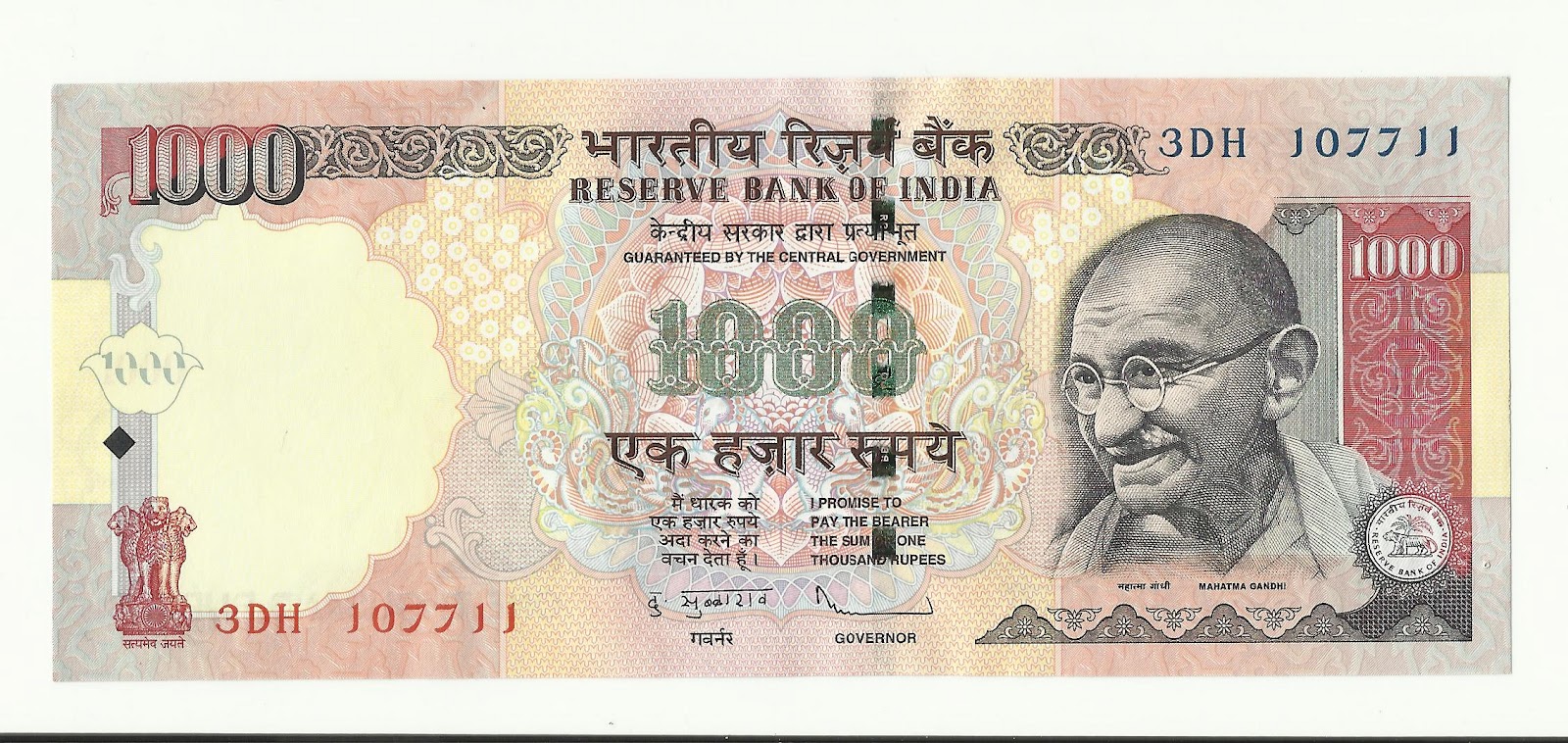

A one-unit rise in currency internationalisation is likely to increase the development of the financial market by 0.2 percentage points in terms of private credit and 0.7 percentage points in terms of stock market total value. International evidence, as noted by an ADB Study (2014), suggests that currency internationalisation in terms of trade settlement has a significant and positive effect on the development of a financial market. Second, the internationalisation of the rupee will promote the development of financial markets. This will result in increased trade and investment flows. Using the rupee as an invoicing and settlement currency, Indian firms will be able to reduce the exchange rate risk faced in the international market which will ultimately reduce trade-related transaction costs. In 2021-22, India received its highest ever FDI inflow at $83.57 billion. India is also rapidly emerging as a preferred destination for foreign investment. In 2021-22, India’s total trade with the world was valued at over $1 trillion, with exports crossing the $400 billion mark for the first time in a fiscal year. India is now the sixth largest economy in the world and an important trading partner for several countries. The internationalisation of the rupee will bring significant benefits to the Indian economy.įirst, it will enhance our integration in the global economy via increased trade and FDI flows. While it might be too early to gauge the consequences of this decision, it is important to discuss whether the rupee is ready to threaten the ascendancy of the US dollar. One must view this decision against the prolonged fall in rupee.Īlso read: Soaring Crude Oil Prices Are Pummelling the Rupee. This policy decision is a push towards the ‘internationalisation’ of the rupee, with the intent of lowering transaction costs of cross-border trade and investment operations by mitigating exchange rate risks. In an official release, the central bank said, “In order to promote growth of global trade with emphasis on exports from India…it has been decided to put in place an additional arrangement for invoicing, payment, and settlement of exports/imports in INR.”īefore putting in place this mechanism, banks shall require prior approval from the RBI’s foreign exchange department. Earlier this week, the Reserve Bank of India (RBI) paved the way for global trade settlement in Indian rupees.


 0 kommentar(er)
0 kommentar(er)
